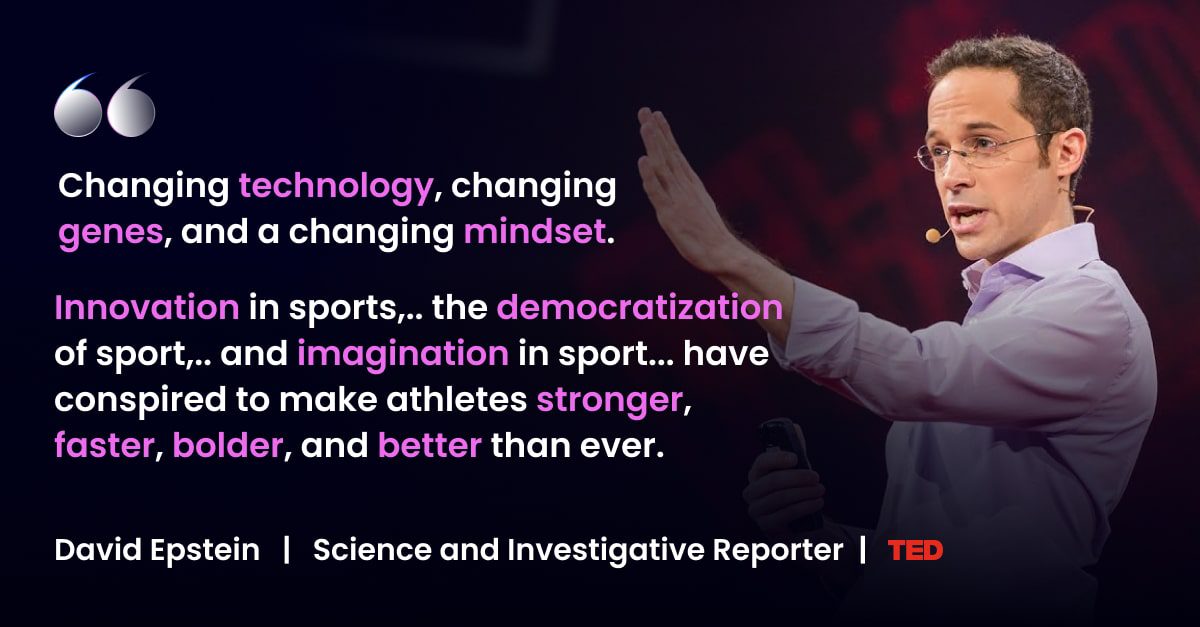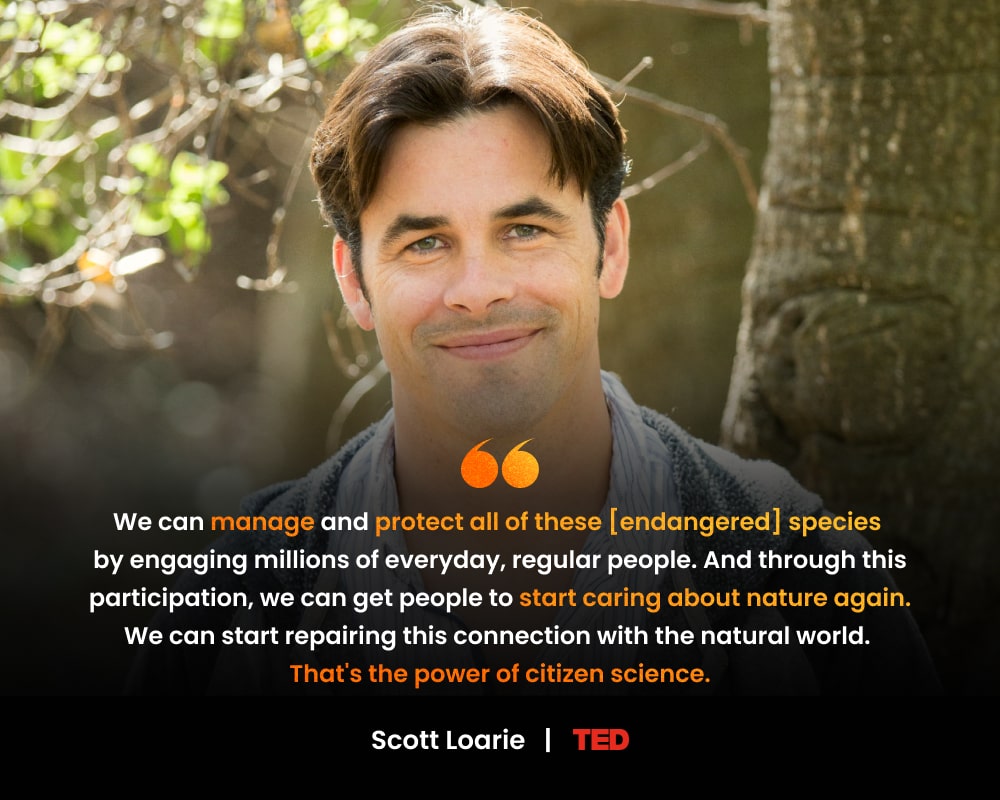Curious Saturday: Are athletes truly becoming faster, better, and stronger?
If we take a closer look at the progression of sporting achievements in recent decades, it may appear that humans have made remarkable strides in every aspect. However, let’s not get too carried away with self-congratulation, shall we? In this talk by David Epstein, he challenges our assumptions and presents a refreshingly unconventional perspective.
Undoubtedly, technology has played a significant role in transforming athletic performance across various sports. But let’s not forget that there are other factors at play. While we haven’t undergone a radical evolutionary transformation in the past century, the composition of athletes within competitive sports has indeed undergone changes. In the early 1900s, the prevailing belief was that the average body type was optimal for all sports, resulting in a homogeneity among athletes.
However, times have changed. Sports that favor larger physiques have seen a surge in the size of athletes, whereas sports that benefit from smaller statures have witnessed a decrease in size. Additionally, the search for exceptional athletic abilities has led to the inclusion of previously untapped populations, such as Kenyan distance runners, into the competitive world.
But it’s not just physicality that sets today’s athletes apart. They possess a different mindset. Our brain acts as a safety mechanism, holding us back from tapping into our full potential to protect us from harm. But the more we learn about how that limiter functions, the more we learn how we can push it back just a bit, in some cases by convincing the brain that the body won’t be in mortal danger by pushing harder. Endurance and ultra-endurance sports serve as a great example.
https://www.ted.com/talks/david_epstein_are_athletes_really_getting_faster_better_stronger





